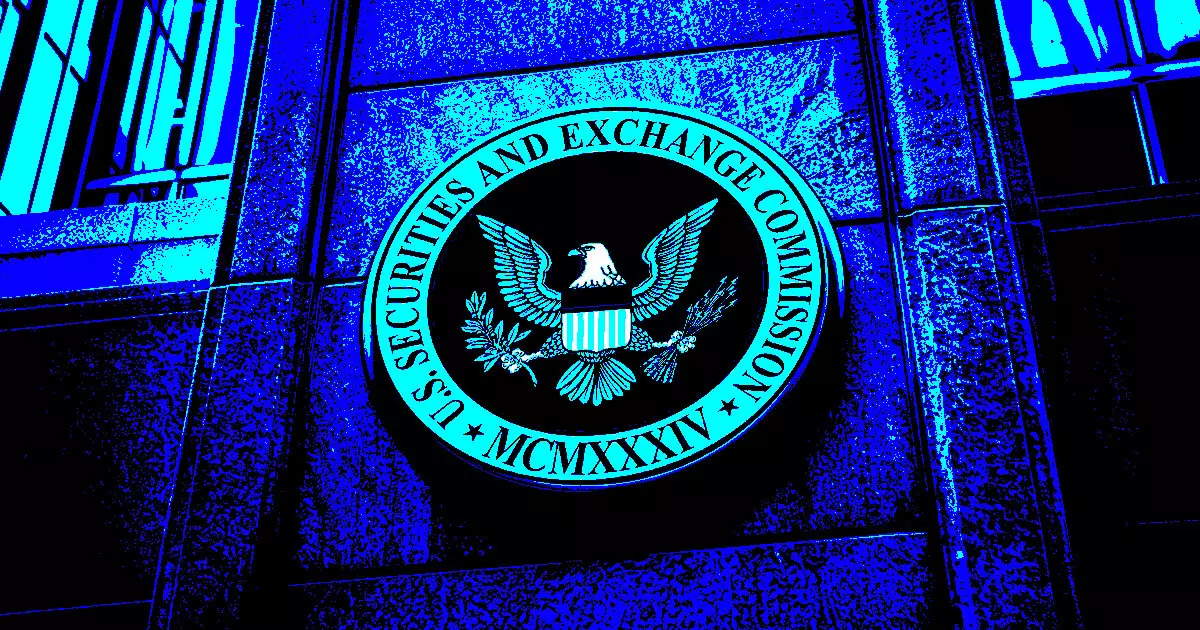In 2017, BitClave emerged as one of the many ambitious crypto startups, aiming to revolutionize consumer data privacy through its platform that leveraged blockchain technology. The project quickly gained traction, raising an astonishing $25.5 million in under a minute through its initial coin offering (ICO), selling its Consumer Activity Token (CAT) to numerous investors eager to capitalize on the ICO boom. However, by 2020, BitClave’s ambitious trajectory halted abruptly when the U.S. Securities and Exchange Commission (SEC) launched a legal investigation, ultimately leading to the firm’s downfall.
The SEC’s investigation revealed that BitClave’s ICO constituted an unregistered sale of securities, violating established regulations aimed at protecting investors. This action was part of a broader trend of regulatory scrutiny that characterized the post-ICO boom era. Under then-SEC Chair Jay Clayton, the Commission filed charges, prompting BitClave to cease operations and negotiate a settlement. Interestingly, the company did not admit to any wrongdoing but agreed to forfeit the entire amount raised, totaling $25.5 million, in addition to incurring an extra $4 million in penalties and interest.
As part of the settlement deal, BitClave committed to destroying any uncirculated CAT tokens and urged exchanges to delist these digital assets. Such measures were aimed at mitigating the impact on investors who had placed their trust and money in an endeavor that turned out to be deceiving.
Fast forward to November 2023, and the SEC has taken steps to compensate investors affected by BitClave’s ill-fated ICO, distributing $4.6 million from the BitClave Fair Fund established following the settlement. This fund was designed to provide relief to those who were adversely affected by the firm’s practices. However, significant concerns loomed over the allocation process. Claimants had to submit their claims by August 2023, while the SEC indicated that notifications regarding claim outcomes would not occur until March 2024—creating a lengthy waiting game for investors.
Although BitClave had pledged nearly $29 million to the Fair Fund, recent SEC records reveal that only $12 million had been paid by February 2023. This leaves a significant shortfall of $7.4 million, for which no clarifying information has been provided. The lack of transparency raises further questions about the effectiveness of regulatory frameworks in facilitating fair compensation for affected investors.
The BitClave case is emblematic of the broader challenges surrounding ICOs, which often operate in a grey area of financial regulation. The SEC’s aggressive stance in holding firms accountable for similar indiscretions signals its commitment to safeguarding investor rights in an evolving digital economy. The ongoing scrutiny serves as a reminder to both current and future crypto startups that adhering to regulatory standards is not just advisable but necessary.
As we dissect the fallout from the BitClave incident, it becomes evident that the interplay between innovation and regulation remains complex. Investor vigilance and regulatory enforcement will continue to shape the landscape as the crypto industry seeks to gain legitimacy in the eyes of both consumers and regulators. The compensation processes initiated by the SEC represent a critical step in restoring trust in the financial ecosystem, but they also underline the urgent need for clarity and responsiveness in regulatory actions. Without such measures, the shadow of doubt will likely linger over the nascent blockchain and cryptocurrency sectors for years to come.


Leave a Reply